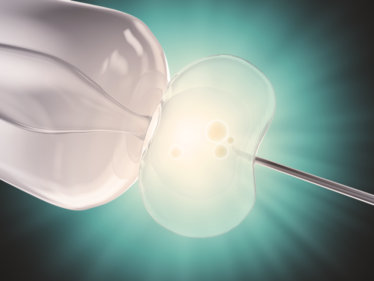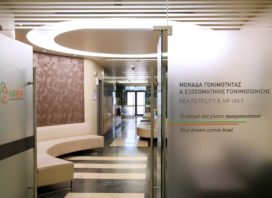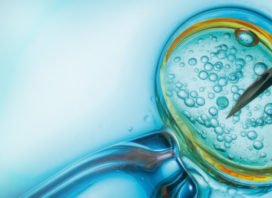ΙCSI

The ICSI (Intra-Cytoplasmatic Sperm Injection) technique has been developed to treat cases of severe male factor infertility. The ICSI technique attempts to achieve fertilization by the injection of a single sperm into the cytoplasm (interior) of the egg. Mature eggs are freed of surrounding cells by a combination of enzyme treatment and micro dissection. Using special micromanipulation equipment (joystick-controlled robotics), the eggs are individually injected with a single sperm. Injected eggs are returned to the laboratory incubator and are treated as in conventional IVF-ET.
When the eggs are returned to the incubator, they remain to develop.
Periodically, over the next few days, the dishes are inspected so the development of the embryos can be assessed.
The following day after eggs have been inseminated or injected with a single sperm (ICSI), they are examined for signs that the process of fertilization is underway. At this stage, normal development is evident by the still single cell having two nuclei; this stage is called a zygote.

















